Tackling Some of The Myths About Vaping
We have all been either under the influence of vaping myths or a dumping ground for people to unleash these myths upon us. The popularity of vaping also comes from the myths and uninformed opinions of non-vapers and smokers, who proclaim everything they hear about vaping without doing a little bit of research or visiting vape shops near them. The e-cigarette industry has been bearing the brunt of all the misinformation propagated by the media and people. The damage done by the recent flood of misinformation is enormous. According to the NHS website, vaping is at least 95% better than smoking, and it has been the main subject of study for many scientific journals and researchers for almost 14+ years now. Vaping is practically saving the lives of millions of people who otherwise would've become victims of some lethal disease by reducing the damage done to them by the combustion of cigarettes.
Vaping shouldn't be conflated with smoking, and its effects on human health shouldn't be compared in a negative way to those of cigarettes. Vaping, in itself, is a smoking cessation tool that helps people cut cigarettes out of their lives. Vaping saves your body from exposure to 7,000 known toxins and chemicals that get released when you smoke a cigarette. And it removes the main culprit from the equation, which is carcinogenic substances that get released upon tobacco combustion. But in order to give you a clearer picture, this blog attempts to tackle some of the common myths and questions entertained by people.
E-Cigarettes Are More Harmful Than Cigarettes:
False! E-cigarettes and other vape products are designed to reduce the harm caused by tobacco, and they are, by a very large margin, a safer alternative to cigarettes. The e-liquids you vape mainly comprise of PG, VG, Nicotine and artificial flavours and sweeteners, all of which are completely safe to use and used by people in their day-to-day lives in other consumer products. Whereas cigarettes contain so many harmful toxins and chemicals, and the effect aggravates upon their combustion. There's no combustion and nothing other than food-grade flavourings, vegetable glycerin, propylene glycol and nicotine in them. None of those products is carcinogenic.

Vaping Causes Popcorn Lungs:
False. Popcorn lung is a rare lung disease that's commonly called bronchiolitis obliterans. There isn't any direct link between vaping and popcorn lungs. However, there have been rumours reporting that a substance called diacetyl was found in some unregulated e-liquids. Bronchiolitis obliterans was reported in one case where workers in a microwave popcorn factory were working around and breathing concentrated diacetyl powder. Inhaling diacetyl can produce this disease; however, after much stricter regulations and caution, the manufacturers of e-liquids have completely cut the use of diacetyl in their e-liquids. Additionally, analogue cigarettes have a much higher level of diacetyl than vaping products ever did, and popcorn lung has never been associated with smoking.
Vape Products Contain Metal:
Perhaps. There have been reported incidents and studies conducted on the presence of metals in some vaping products at varying degrees. Some of them are at a minuscule amount and not really a concern, but some have a greater concern. Studies and research have found that some of the traces of metals could source back from the vape device's coil; however, these researchers' testing methods haven't been probed yet. It's true that the traces of metals are definitely of concern, but the presence of metals is actually one of the risks entailing smoking. But the fact that vaping products, if anything, still contain a very low amount of carcinogens and other toxins and are completely devoid of carbon monoxide and other harmful byproducts found in cigarette smoke should not be overlooked. In the end, the overall benefits of adopting vaping still outweigh the risks of smoking. However, there's room for more research on this issue, and regulation should allow producers to make products that would reduce or eliminate the presence of metal in vaping products.

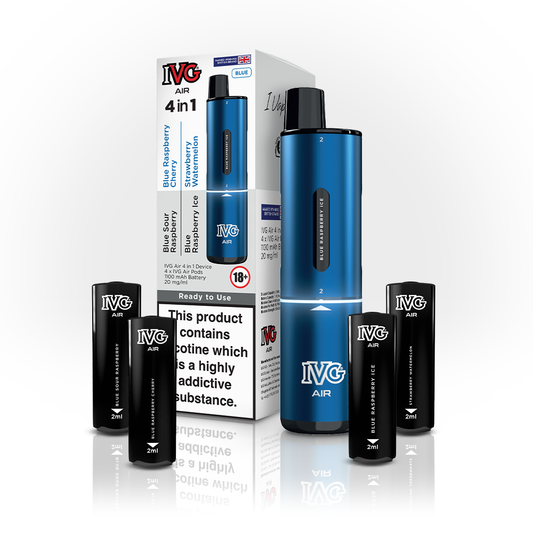
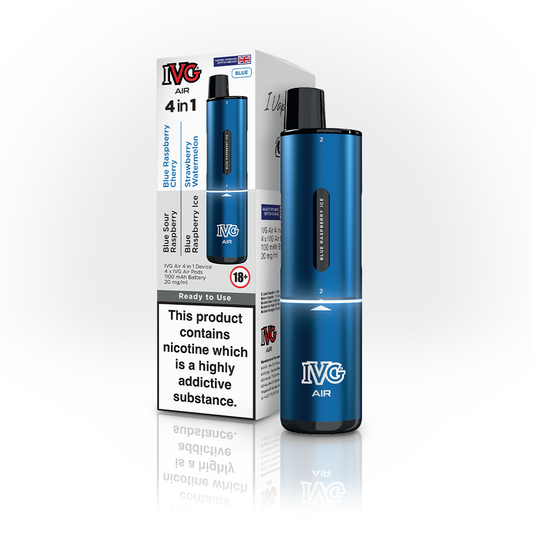
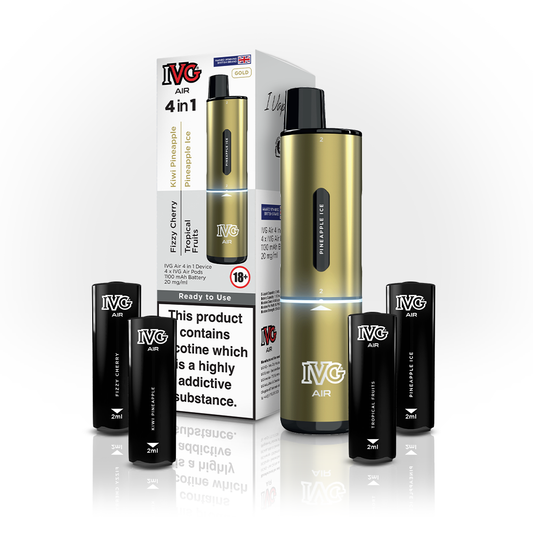
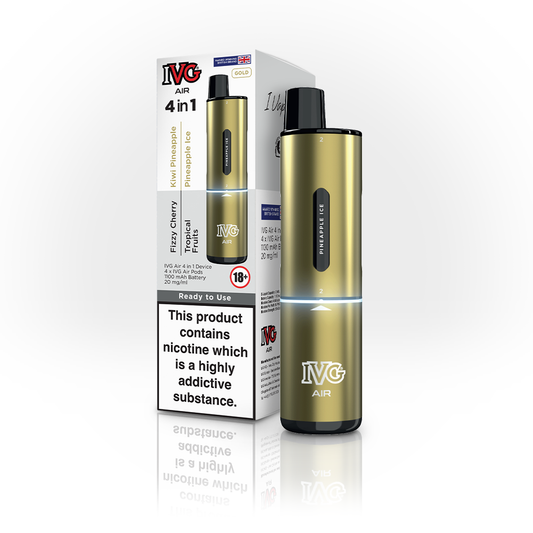
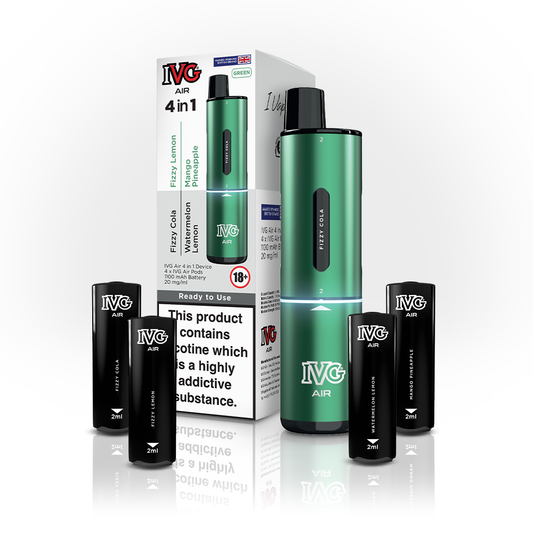
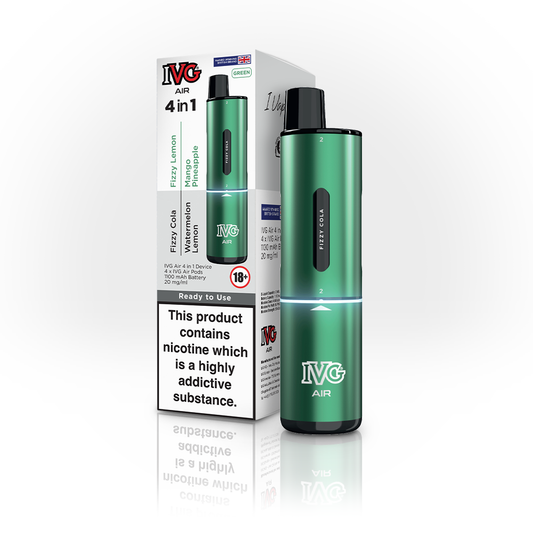






Leave a comment
Please note, comments need to be approved before they are published.